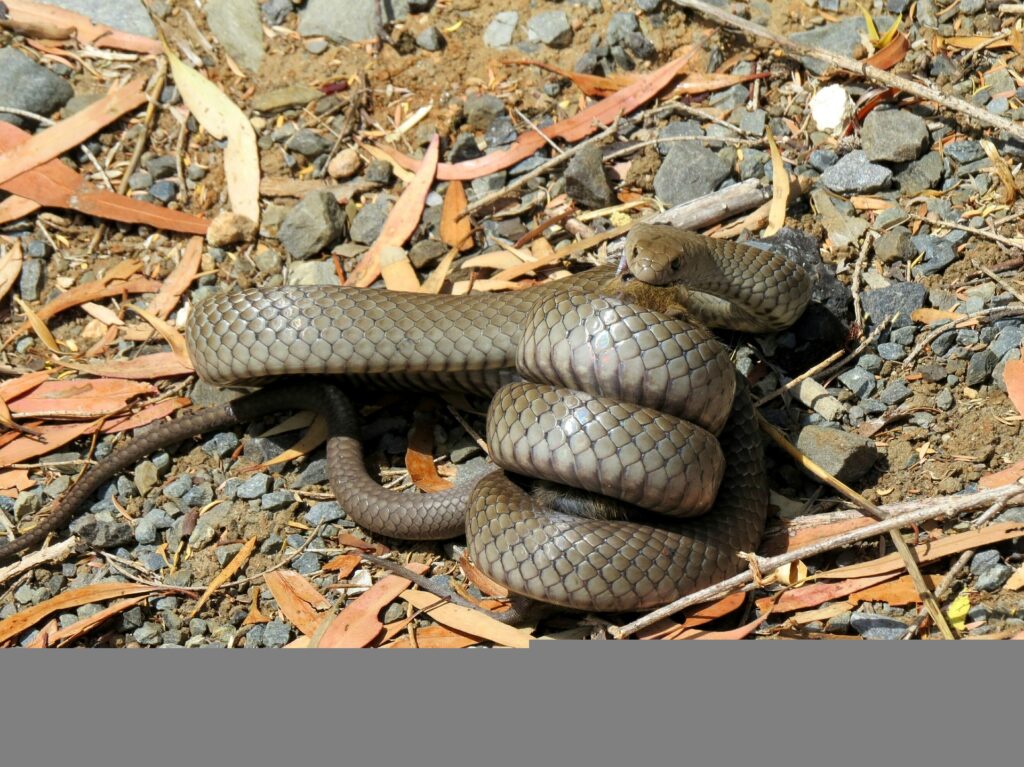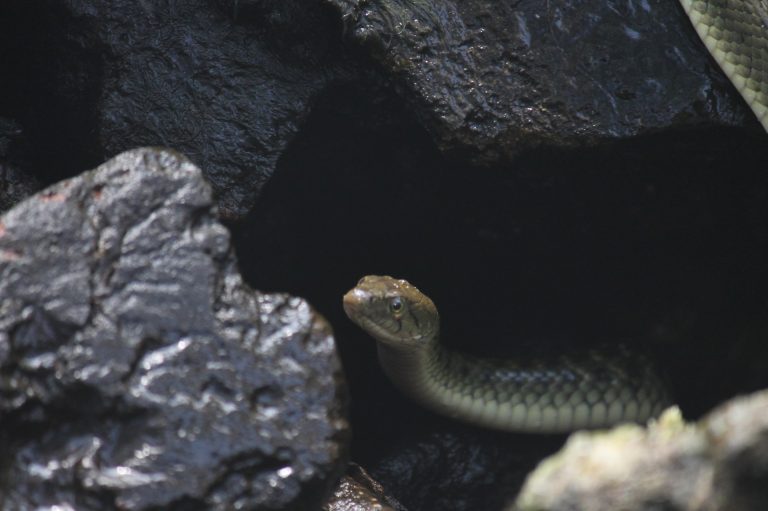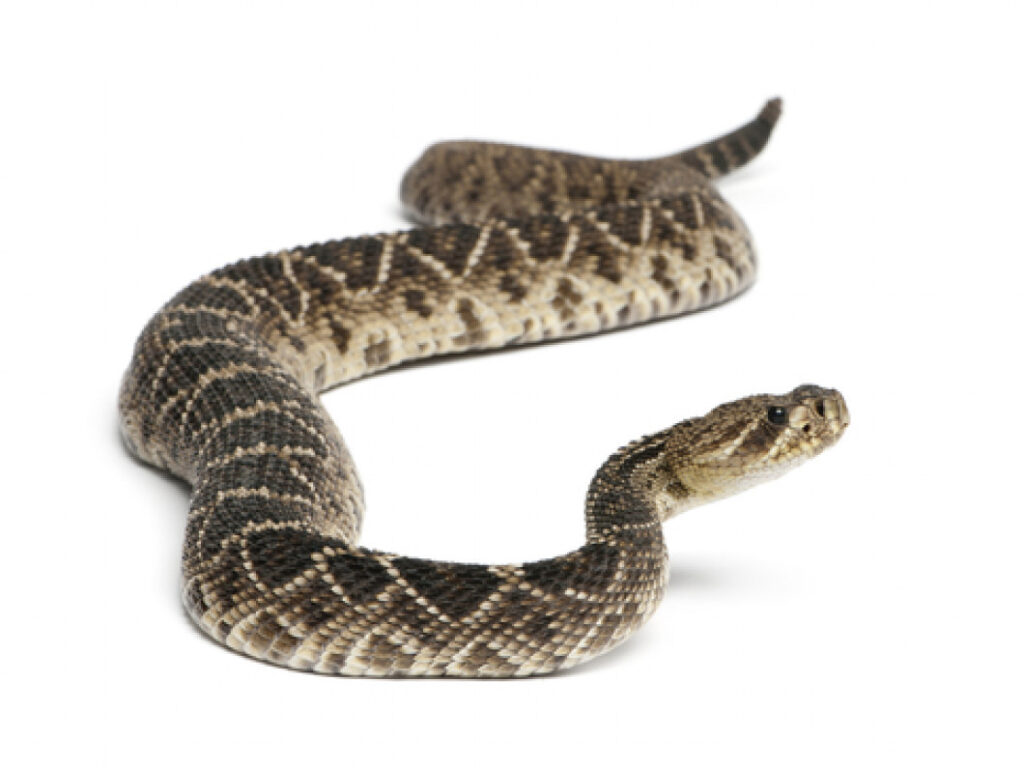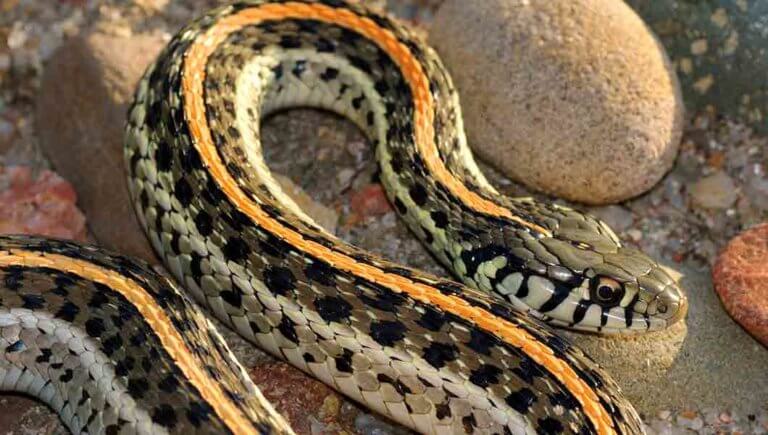Will Snake Damage My Garden
SNAKE CATCHER
Don’t risk your family’s safety – hire a snake catcher
What would do if you found a snake in your bathroom? Well, for most people the first thing would be to scream and scamper for dear life. There is no shame in admitting what you would do when you come across this slithering reptile. But then many of our reactions towards snakes are due to lack of knowledge about them.
While there is a reason to be wary of any snake you come across because it might be venomous, a big number of them are not. Still, you can’t risk handling a snake because a bite by a venomous snake can lead to death.
What are you supposed to do when you spot a snake?
It is good to know some basic facts about snakes and this will help you in dealing with one when you encounter it. For starters, a majority of these slithering reptiles will do their best to avoid confrontations with people. When a snake sees you first, it will stay very still or slide away noiselessly. There are many instances that you might have come across a snake and you didn’t have any idea there was a snake nearby. Remember, snakes are very good at sensing sound and smell and this puts them at an advantage.
A snake will slither away when it sees you because you pose a threat to it. If, however, you see the snake before it has had a chance to evade you, try not to disturb it
Why is it important to call a snake catcher?
You need not panic when you see a snake in your home. Stay calm and make conscious decisions. Remember that the snake is frightened, just as you are, if not more

Where do snakes go when it’s cold?
Snakes often disappear in the winter months, but does that mean they are gone until summer? The answer is no… and yes. Let us explain.
Do snakes hibernate?
Many people are familiar with hibernation, the winter practice of some mammals such as bears, and even some plants. It is commonly thought that snakes also hibernate because we don’t see them as much in the colder months, but this assumption is mistaken and could lead to unexpected – and likely unwanted – snake run-ins.
Hibernation is the state of very deep sleep where the animals or plants will stay dormant to conserve energy until the cold season passes. For example, bears will often gorge on food to build up their fat stores then go into hibernation because their food source will be very low in the winter months. The hibernation state helps them survive the winter by lowering their body temperature, slowing their heartbeat and breathing, depressing their metabolism, and exerting little to no energy. Their bodies then use up the stored fats to maintain their necessary body processes and to keep them warm through the season.
What is brumation?
Since snakes are cold-blooded animals, they will become less active in the cooler months because they will be lethargic from the cold temperatures. During the winter months, snakes and other reptiles will enter brumation. While this is similar to hibernation, brumation is different.
Brumation does not require the same amount of sleep as hibernation. Yes, reptiles sleep during brumation. However, they wake and need to forage for food and water during this time. When necessary, they will go and find food and water then return to a state of brumation for longer periods. Because the snakes are using less energy, they can go much longer than usual between feedings.

SLITHERING SNAKES SLIDING IN YOUR HOME?
HOW CAN BATS ENTER YOUR HOME?
Watching bats on documentaries is fascinating. When they’re in your home, however, the only thing you’re fascinated by is how they got into your home.
Check out these common ways that bats can enter your home:
Through loose shingles
Through gaps in fascia
Through openings in your attic
BEST SNAKE REMOVAL EXPERTS
The fear of snakes (ophidiophobia) is just as common as that of spiders (arachnophobia). You might be surprised to know that there are 25 different species of snakes
The two most common snake calls we receive are when a snake gets inside of a home and the homeowner needs help with removal or a customer finds a snake outside in the garden or flower bed and does not want them around
SNAKE REMOVAL
When a snake is found inside a home or business it’s a definite problem, but it’s an indirect issue. The real problem is an opening somewhere that allowed the snake to get inside.
We’ll also set traps to capture the snake or remove them by hand and relocate the snake(s) to a suitable habitat. This service is similar to a rodent service. It’s common to have mice and snakes because they fit inside the same-sized holes in a home or business. These holes are often found around poorly-installed exterior plumbing pipes and electrical lines. Other common areas are foundation gaps, holes in the garage, or under doors.

BEST SNAKE REMOVAL EXPERTS
We encourage homeowners to keep vegetation short. This decreases the potential for hiding places. Second, we recommend sealing up any gaps under concrete, sheds, or other areas where you know snakes could be hiding. Third, you might consider a general pest control and rodent service. This service targets the snake’s food sources. Without food and shelter, snakes are far less likely to visit the area. The fourth and final thing that we can do is inspect the property and physically remove the snakes and relocate them to a suitable habitat. This sounds easy but murphy’s law would suggest that the snakes are never there when the technician is there. There are also some repellents on the market that claim to repel snakes from your yard. We have used them before and some of our customers swear by it, while it does not have much effect on others.

Are Snakes Nesting on Your Property?
If you’ve been hearing strange noises throughout your home, or you’ve seen snakes in your yard and feel concerned that some might have made their way into your home, you’ll need to act quickly. Snakes sometimes burrow in walls and crawlspaces in a home to nest and lay eggs in the winter months.
No matter the kind of snake, the last thing you want is a family of reptiles hibernating in your home this holiday season. We’re going to look at some of the ways you can identify signs of a snake infestation, and what you should do if you find one.
Why It’s Important to Get Rid of Snakes
While many species of snakes are not harmful to humans — and even poisonous ones, like rattlesnakes, only bite when provoked — most people simply feel uncomfortable about the idea of having a snake in their home. However, even if you don’t mind these slithery reptiles, it’s important to get rid of them as quickly as possible if you want to protect yourself and your property.
Signs of Snakes in Your Home
While the most obvious way to determine you have a snake problem is actually spotting the animals, finding evidence of snakes isn’t always easy, particularly in winter, when the creature might nest inside of your walls to protect itself from the cold. Snakes don’t leave damage behind like mice or rats. Once they enter your home, they often remain in hiding for months.
However, there are some signs you can look for around your house:
Snake skin: Many snakes shed their skin as they grow. The dry, scaly skin may either be in a whole sheet, or in a crumpled heap somewhere close to an entrance into the walls of your home.
Slither tracks: If you’re inspecting a dusty area or crawlspace, you might notice tracks that indicate where a snake has come by.
Odor: A lot of snakes have a very distinctive smell. If you notice a strange scent in a crawlspace or other area that wasn’t there before, it may be a cause for concern.
Droppings: Snake droppings are very distinctive. They often look like bird feces, but they sometimes include hair and bones from their prey.